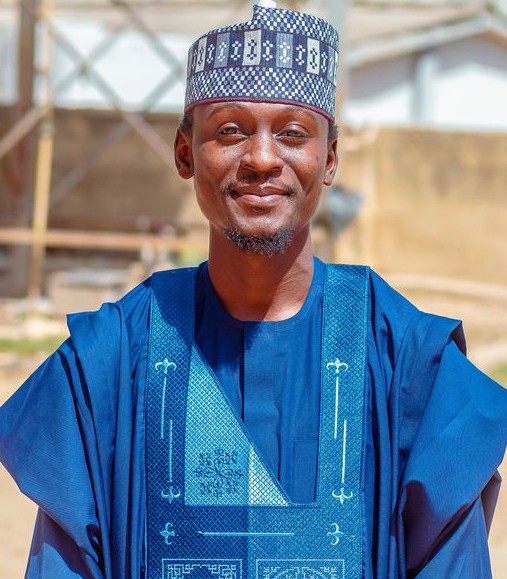In today’s challenging economic and social climate, family planning is not just a personal choice—it is a necessity. As parents, we must consider whether we can truly provide for our children’s needs: nutritious food, quality education, healthcare, and proper moral upbringing. Bringing more children into the world than we can care for leads to hardship—not just for the family, but for society as a whole.
Islam places great emphasis on the welfare of children. The faith does not merely encourage procreation but stresses the responsibility of raising children with love, knowledge, and discipline. The Prophet Muhammad (peace be upon him) taught that parents must nurture their children with care and guidance. Neglecting this duty harms not only the household but the entire community.
Family planning is not about limiting children arbitrarily—it is about ensuring mothers can manage their health and homes effectively. Frequent pregnancies without proper spacing leave women physically and emotionally drained, making it difficult to care for existing children.
When births are spaced, older children grow more independent, easing the mother’s burden and allowing the family to allocate resources wisely.
Many young people involved in crimes like theft or violence come from homes where they lacked care, attention, and guidance. Children raised in neglect are vulnerable to bad influences. If parents plan their families responsibly, ensuring each child receives proper upbringing, we can build a safer society where youths grow into productive, morally grounded adults.
Family planning is not just a personal decision—it is a societal responsibility. By raising children in stable, well-supported homes, we contribute to a more secure and prosperous future for all. Let us embrace wise family planning for the sake of our children, our communities, and our nation.
Dogara is a Lecturer at the Department of Quantity Surveying at Nuhu Bamalli Polytechnic, Zaria. He is also a polical and social commentator














Leave a comment